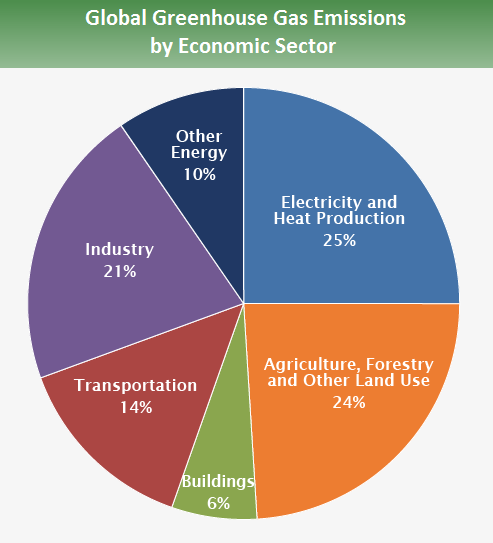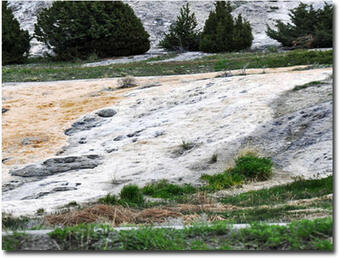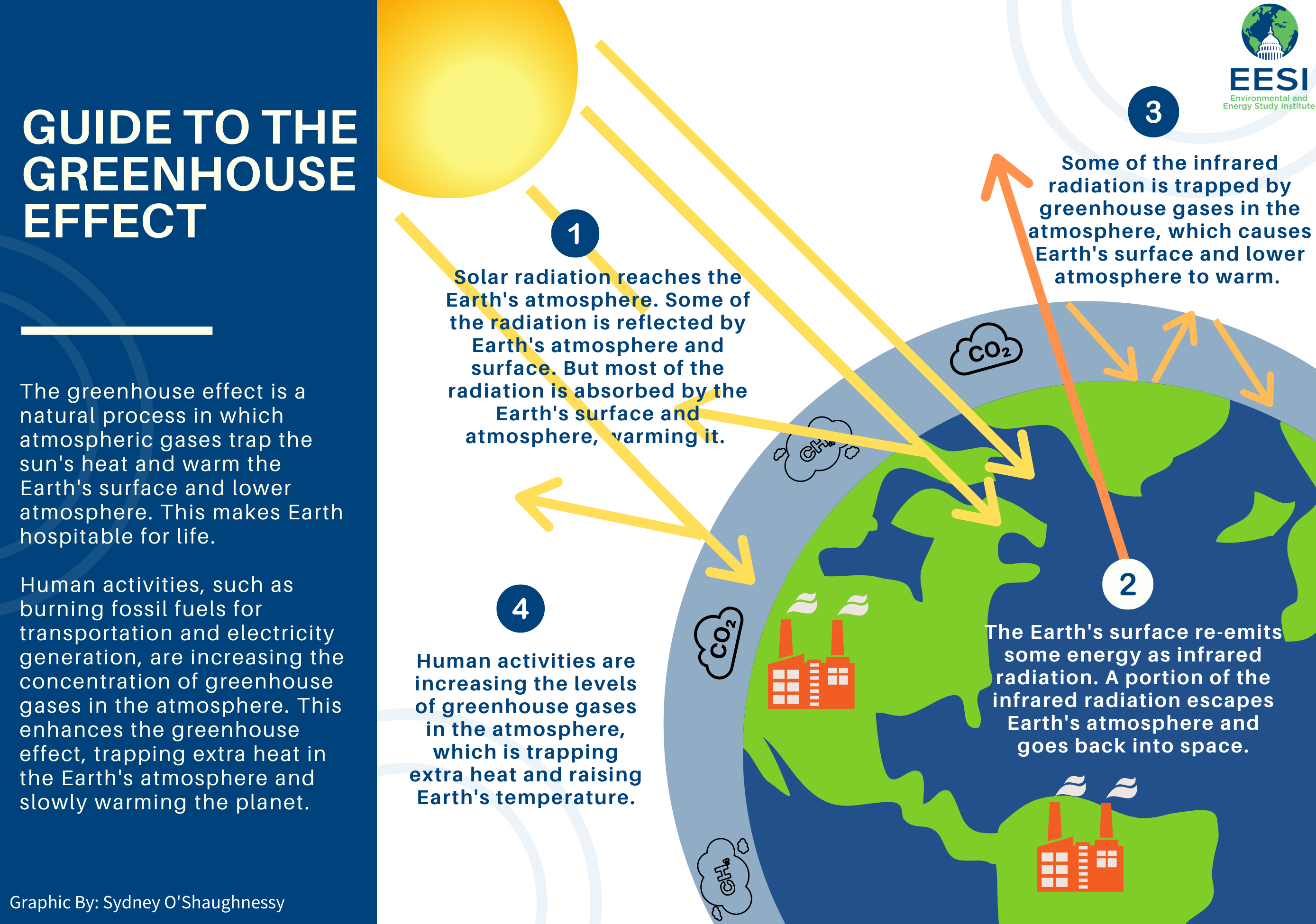
The United Nations ActNow campaign invites individuals to take immediate action to address climate change. It works with communities and cities to change individual behaviours. A network of experts, thought leaders, and experts from national and international climate, sustainability, social action and other areas supports these efforts.
ActNow brings together mayors worldwide. They work together to identify best practice projects. They aim to improve community safety, turn abandoned minelands in sustainable assets and expand technology businesses. They also support People's Commissions, which are neighborhood groups that represent ordinary residents.

ACT NOW provides community resources that help make their area safer and more healthy. ActNow encourages individual behavior change by highlighting sustainability in everyday decisions. ActNow developed a chatbot to help users save energy. It recommends traveling sustainably, eating plant-based meals, and conserving resources.
ActNow has a youth version, geared toward children, called Climate Action Superheroes. This event brought together parents and kids to engage in activities about environmental issues. An online seminar on wildlife conservation was a highlight. This online seminar on wildlife conservation attracted hundreds from all corners of the globe. Paavani (14-year-old Youth Secretary of the World Sustainable Security Coalition; Devika Vaid Miss Earth India; Naja Saade (Lebanese fashion designer who uses unused fabrics to create zero-waste fashion); were just a few of the guests.
Another ActNow initiative is to assist small businesses in obtaining low-cost capital. The Alliance for Economic Development of Southern West Virginia (ADEV) will provide an initial grant to help train a green-building workforce with the U.S. Economic Development Administration's (EDA). The HBIZ Technology Center will also renovate three historical buildings in order to make them tech-reuse facilities.
Appalachian Climate Technologies Coalition will be a regional effort to create green collar technology jobs in South West Virginia. It will help create an inclusive economy, and ensure that the region can make a transition to a more sustainable future. As a result, ACT Now will leverage over $250 million in private investment in climate technology sectors. In the end, the coalition will create 5,000 jobs full-time and 15,000 jobs indirectly.

The ACT NOW programme works with local business leaders and nonprofits. It develops a network and experts that are capable of making effective, real change. It also selects promising projects. ACT NOW helps local politicians make their communities more sustainable. ACT NOW's leadership program includes a network made up of youth and experts from civil society.
ACT NOW is a community of people who offer real-world learning experiences that help them and their communities face the challenges of today. They offer virtual tours and caregiving seminars. ActNow is now reaching millions of people from all parts of the world through these initiatives.
ActNow is an essential part of UN's coordinated effort on climate change. As such, it has been embraced by companies, leading chefs, and influencers dedicated to helping people live sustainably.
FAQ
What is the impact of land use change and deforestation on climate change?
Climate change is directly affected by land use changes and deforestation. The trees that have been cut down or burned can no longer absorb carbon dioxide, one of Earth's most important greenhouse gases. This is why less carbon dioxide is removed when trees are cut down or burned for agricultural reasons.
At the same time, changes in land use can also release more greenhouse gases into the atmosphere. To illustrate, if forests are replaced with agricultural lands to support livestock production, fertilizer and pesticide use could increase methane emissions. Clearance can increase exposure of soils that have large amounts stored carbon. These soils release carbon dioxide when they are turned over or disturbed through farming activities.
The effects of land-use change, deforestation, and increased greenhouse gas emissions can have a negative impact on the quality of regional air. As an example, deforestation smoke has been shown to reduce visibility and cause respiratory illnesses such asthma and other conditions. These changes in local air quality can have a cumulative effect on global climate change through higher temperatures resulting from more sun reaching the surface of the planet due to reduced aerosol particles in the atmosphere which usually scatter some sunlight away from the Earth's surface.
The deforestation of land and the resulting changes in land-use have made a significant contribution towards increasing global greenhouse gas emission levels. These impacts have also had a negative impact on local air quality which has further contributed to climate change. If serious efforts to combat climate change are to occur, it should be a top priority to reduce these practices.
How can the impact of climate change be reduced or mitigated?
There are many steps that can be taken in order to reduce and mitigate climate change's effects. There are many ways to reduce greenhouse gas emissions. These include using more sustainable energy and alternative sources of power. Protecting forests and wilderness habitats. Investing in sustainable transport systems. Strengthening early warning systems for natural disasters. Creating a research program about the impacts of climate change on biodiversity. Investing in green technologies like solar panels and wind turbines. Developing sustainable consumption habits and implementing appropriate environmental regulations in all areas of society. It's also important to educate the public about climate change. This will encourage people to be responsible for their actions.
What are the impacts of climate change and global warming on agriculture and food security
Climate change and global warming have a direct impact on agriculture and food security. The changing climate can affect rainfall patterns, temperatures, soil moisture levels, and extreme weather. This can impact farming activities, reduce crop yields, or cause loss of agricultural diversity. Warmer temperatures could lead to the growth of pests or diseases, which can have a negative impact on crops. This can result in higher costs for food production, and worsening hunger and nutrition around the world.
Rising sea level poses a risk because they could flood agricultural land along many coasts, causing increased salinity to wetlands. Changes in climate also have an impact on livestock production. In summer, high temperatures can lower fertility rates in animals like sheep and cattle. This can result in lower milk yields, which can worsen food insecurity.
Global warming and climate changes are interrelated. But, governments around world are working to mitigate the effects of these changes through adaptation strategies. This means promoting sustainable methods, such as crop rotation and the preservation of native seed varieties. These strategies help prevent adverse effects from climate change or other environmental stressors. In addition, CSA strategies call for reductions in greenhouse gas emissions through the use of renewable energy sources and the reduction of deforestation-related logging activities.
Farmers around the globe must adopt technology that is more sensitive to climate changes to ensure food security in a changing environment. Infrastructure must be improved so that the necessary actions can be taken when critical crop thresholds have been reached. This includes creating stable irrigation networks with adequate water supply at times when water is scarce or when temperatures rise. It is essential to create sustainable solutions that adhere to the international guidelines for quality nutrition in our changing climates. This requires collaboration between all stakeholders, from government agencies at an international level to local NGOs.
What is the state of international efforts for climate change mitigation?
International efforts to combat climate change are moving at a remarkable pace and with unprecedented unity. International efforts to address climate change are being facilitated by countries around the world, who are increasingly working together to reduce carbon emissions, improve resilience and invest in renewable energies.
The Paris Agreement is an international framework that encourages collective action. It also provides a framework to allow individual countries and regions to set voluntary targets to reduce emissions. In addition, the UN Framework Convention on Climate Change provides political guidance as well as piloting new initiatives such carbon market mechanisms.
Other regions are seeing progress. The European Green Deal is a comprehensive legislation package that seeks to create a European economy with sustainability as its core. Countries on the African continent also have committed to The African Renewable Energy Initiative, which aims increase Africa's participation in global renewable energy production.
There are many sectors and industries that are taking action in addition to policy development. Cities are making active transitions toward sustainable public transport systems, while society overall is adopting more sustainable lifestyles. Businesses are innovating technologies which reduce emissions, while investors move their capital from fossil fuels to renewables.
The OECD committee has adopted common standards to report national actions on climate change by rich countries. This is known as the 2021 Guidelines.
All these efforts are a sign of the unprecedented importance given to climate action. If we are to meet the Climate goals as set out by science and enshrined into international law, governments, civil society, and private sector stakeholders must all continue to build on this momentum.
Statistics
- Indigenous peoples and local communities receive less than 1% of all climate funding despite scoring wins for people and nature Africa's broken food markets must be fixed to tackle hunger (climatechangenews.com)
- The 100 least-emitting countries generate 3 per cent of total emissions. (un.org)
- According to the 2014 report on Climate Change Impacts, Adaptation, and Vulnerability (page 8) from the United Nations Intergovernmental Panel on Climate Change, governments at various levels are also getting better at adaptation. (climate.nasa.gov)
- The 10 countries with the largest emissions contribute 68 percent. (un.org)
- Fossil fuel production must decline by roughly 6 percent per year between 2020 and 2030. (un.org)
External Links
How To
How to Incorporate Sustainable Practices Into Your Daily Life To Fight Climate Change
Reducing your consumption of energy and food is one way you can integrate sustainable practices into your day. You can shop secondhand or borrow items from friends and family instead of purchasing new items every day. Also, vegetarian meals can be a great way to cut down on methane from livestock production. Turn off lights whenever you are leaving a room in order to conserve energy.
The other way to combat climate changes is to reduce carbon emissions from transportation such as cars and aircrafts. Renewable power sources, such as solar panels, can be used to replace traditional fossil fuels. To make climate change action effective, it is important to support policies that promote clean air regulations. Engaging with others on issues such as plastic pollution and deforestation can be hugely beneficial, since it makes citizens more aware of the issue and encourages them to act.